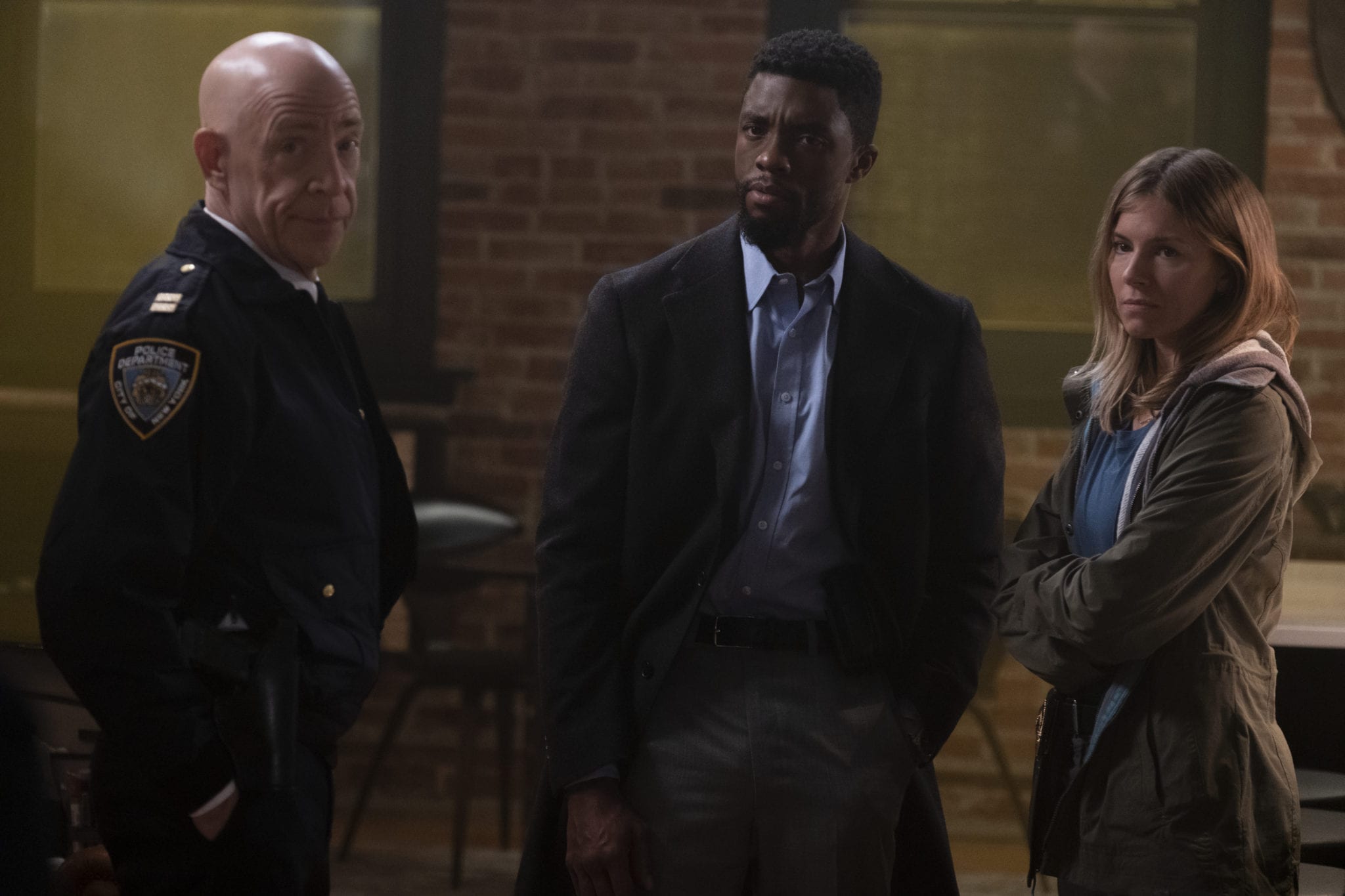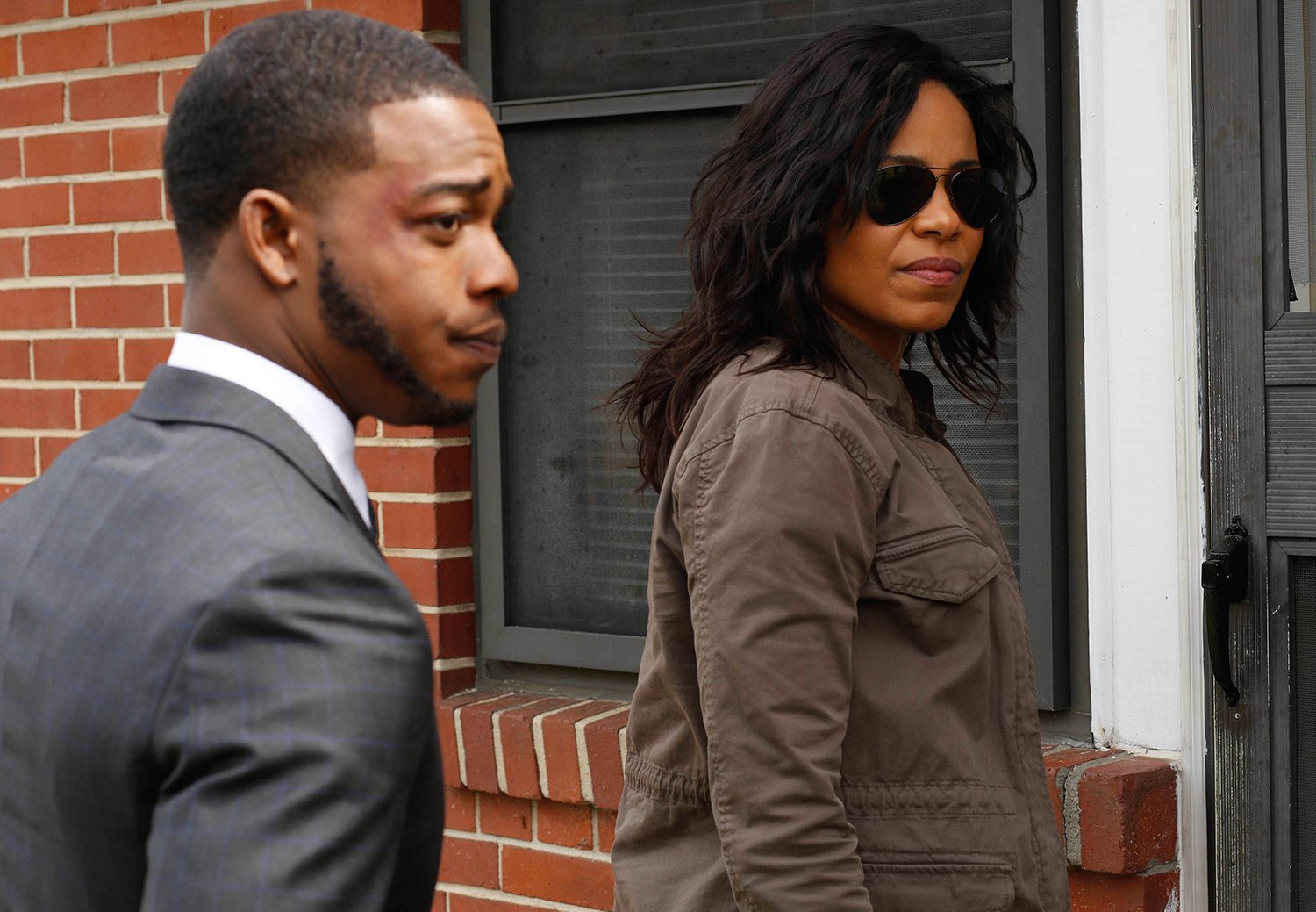
National Champions: Lost at the Goal Line
Thunder Road Pictures was probably hoping to score a touchdown with National Champions. Although baseball is officially America?s national sport, football is its favourite. This movie should be a winner. It is based on an Adam Mervis play by the same name and directed by Ric Roman Waugh. It has a strong cast of seasoned actors, an intriguing story line, and a built in…



